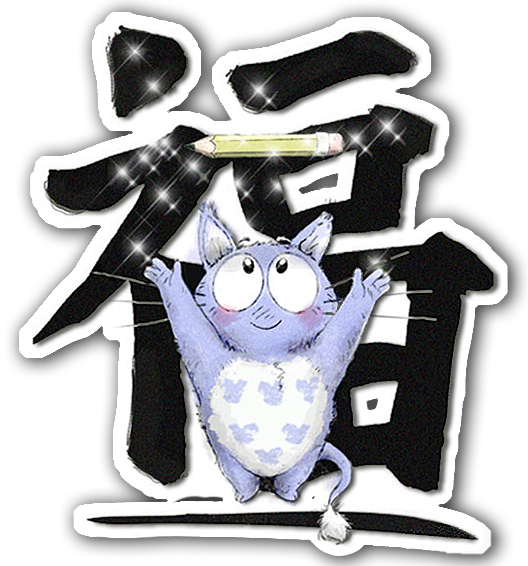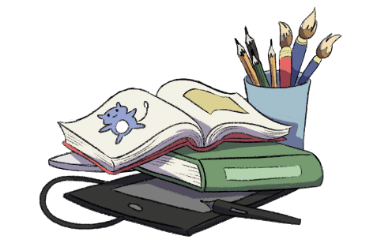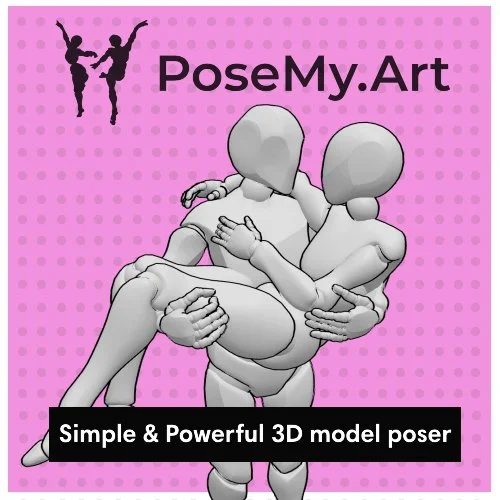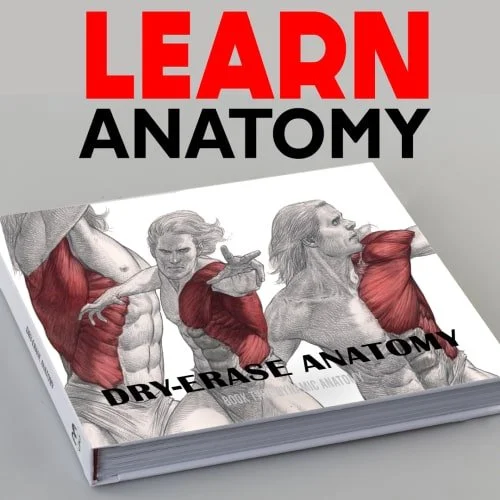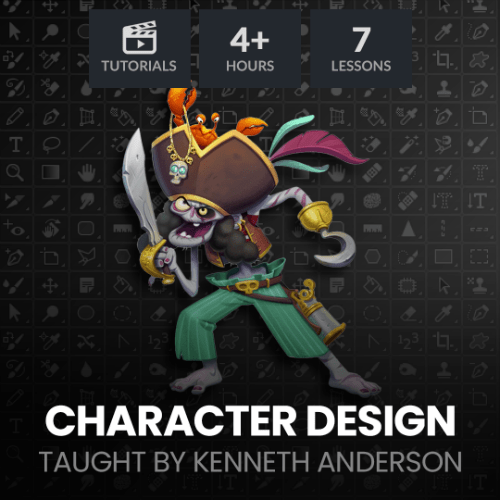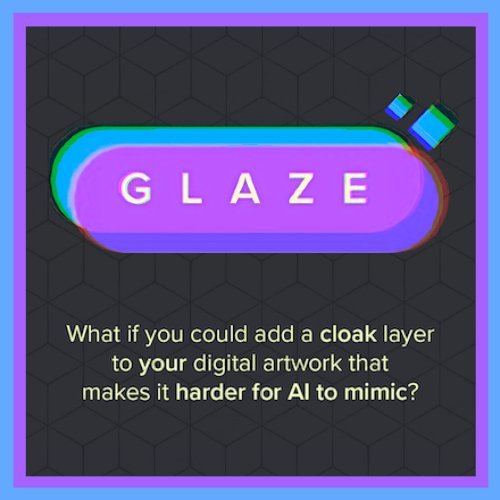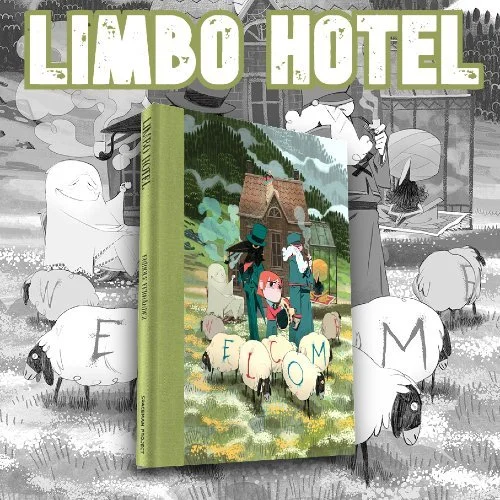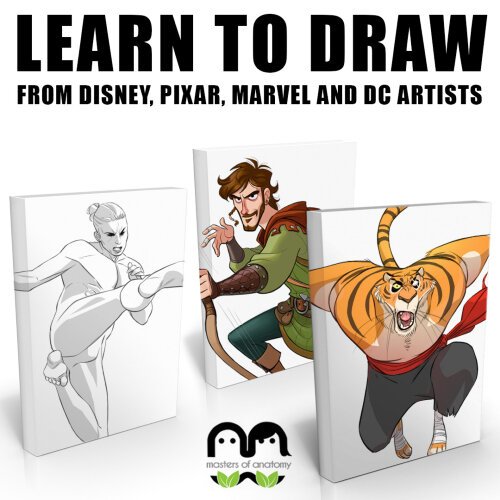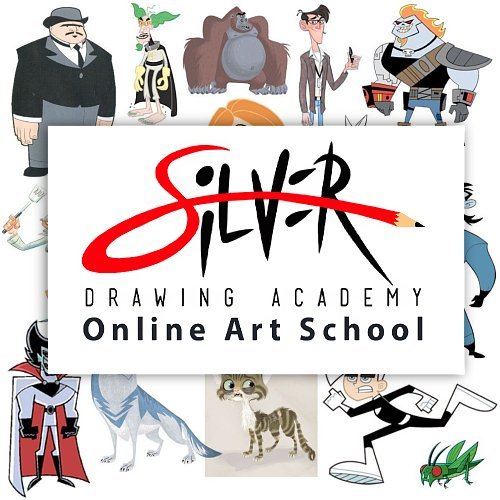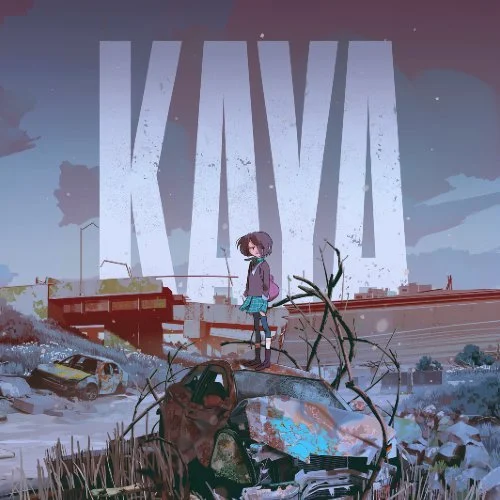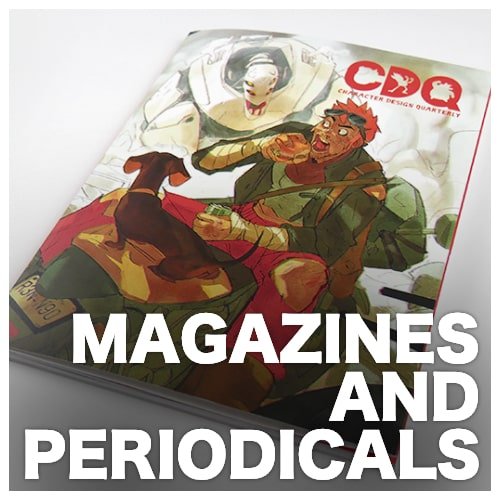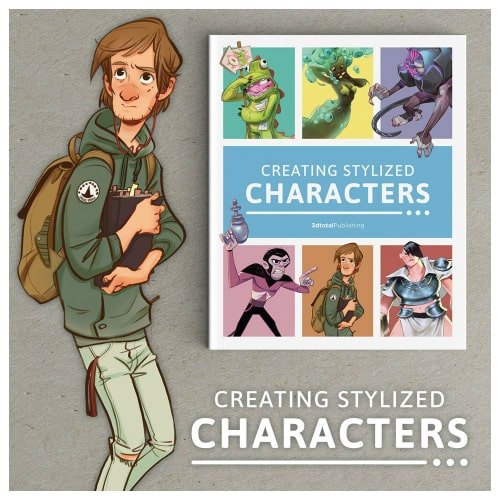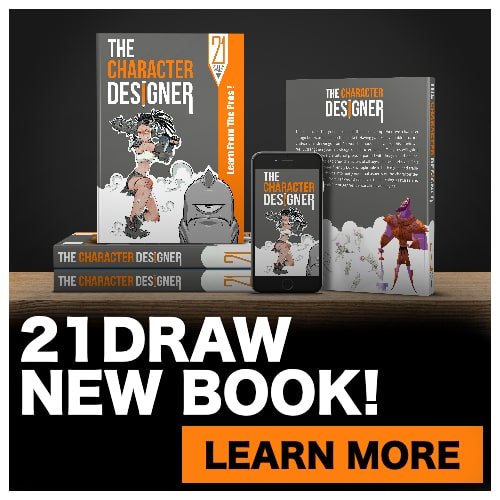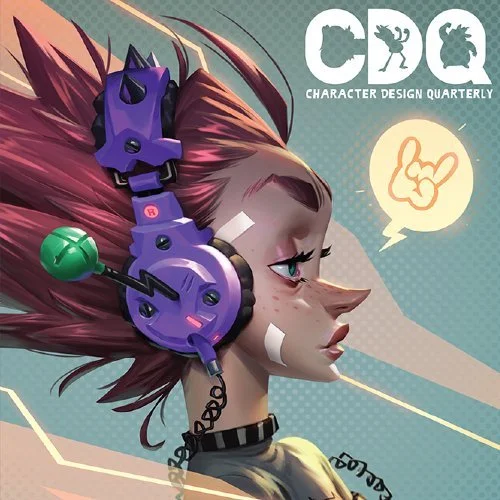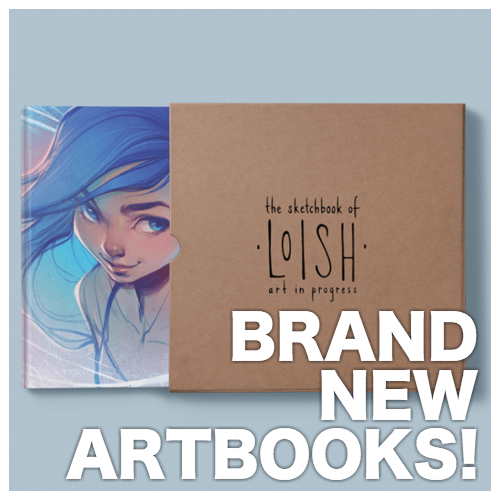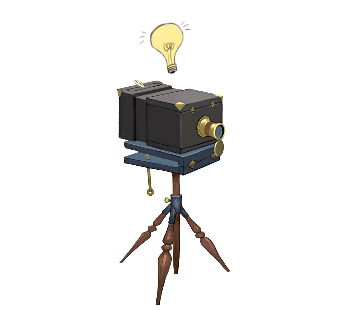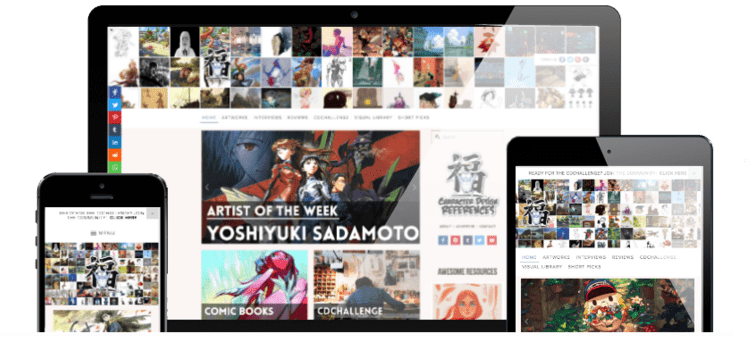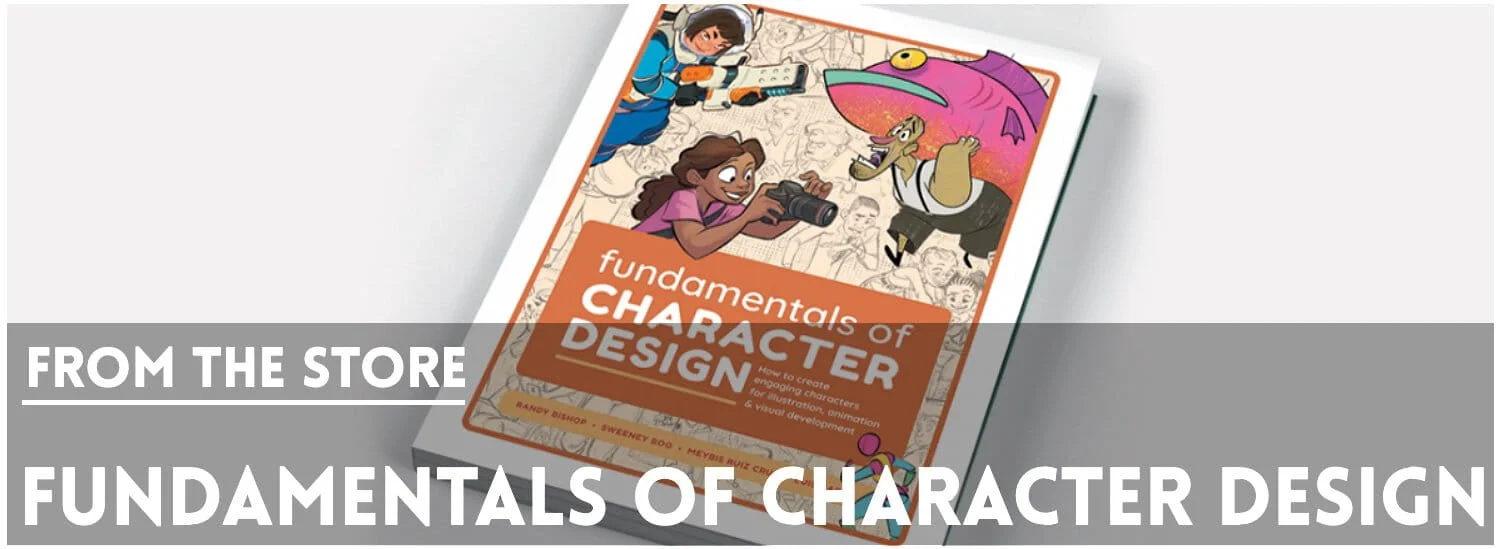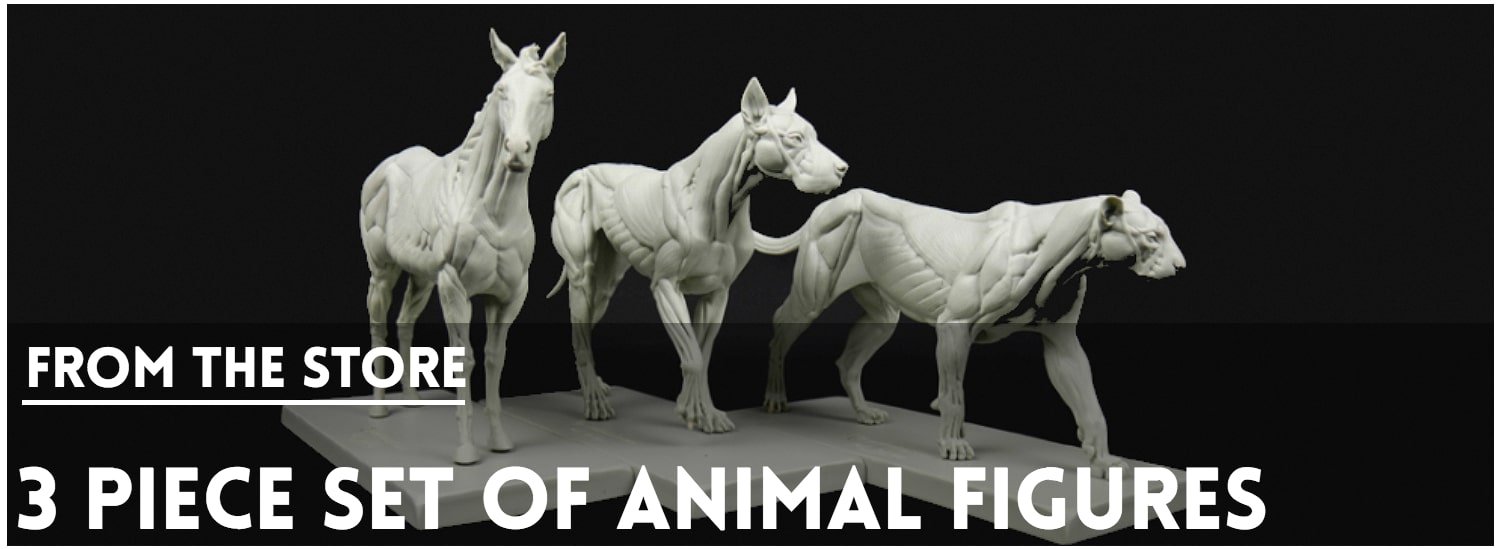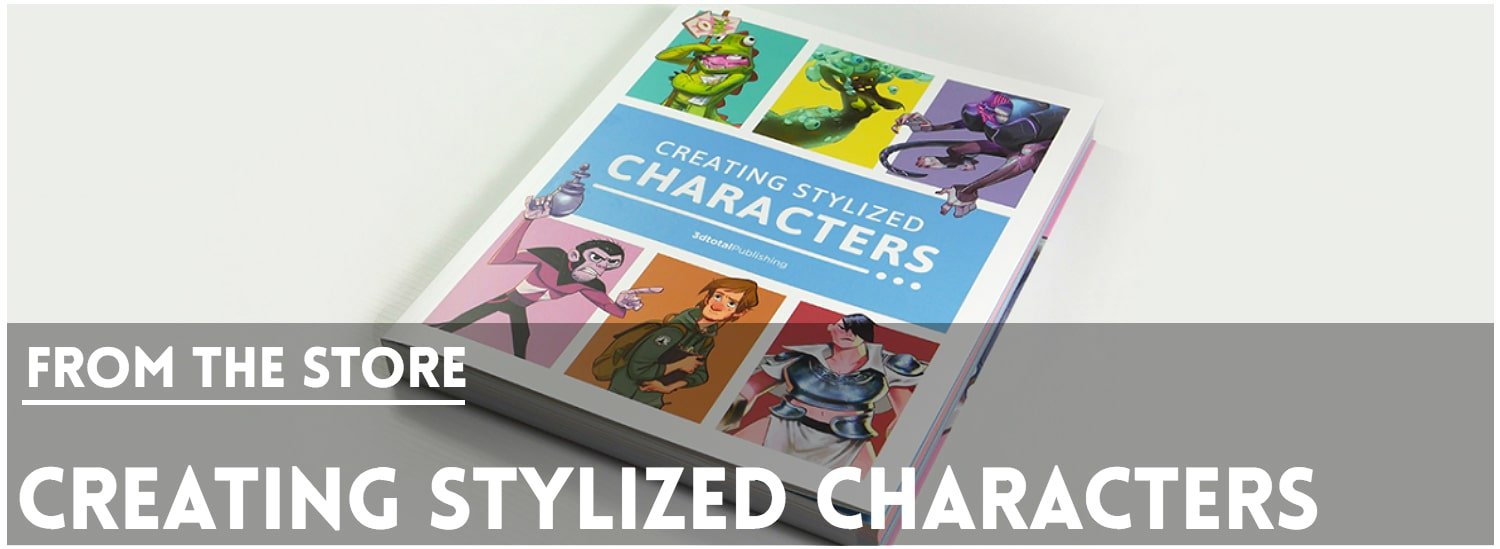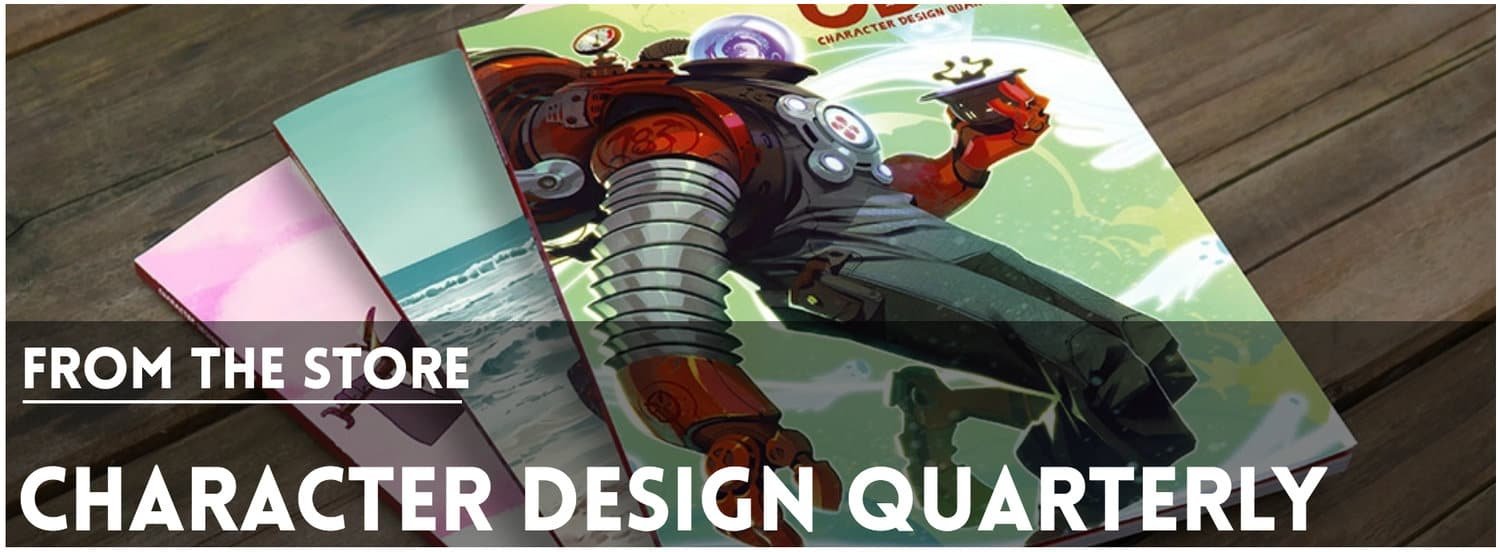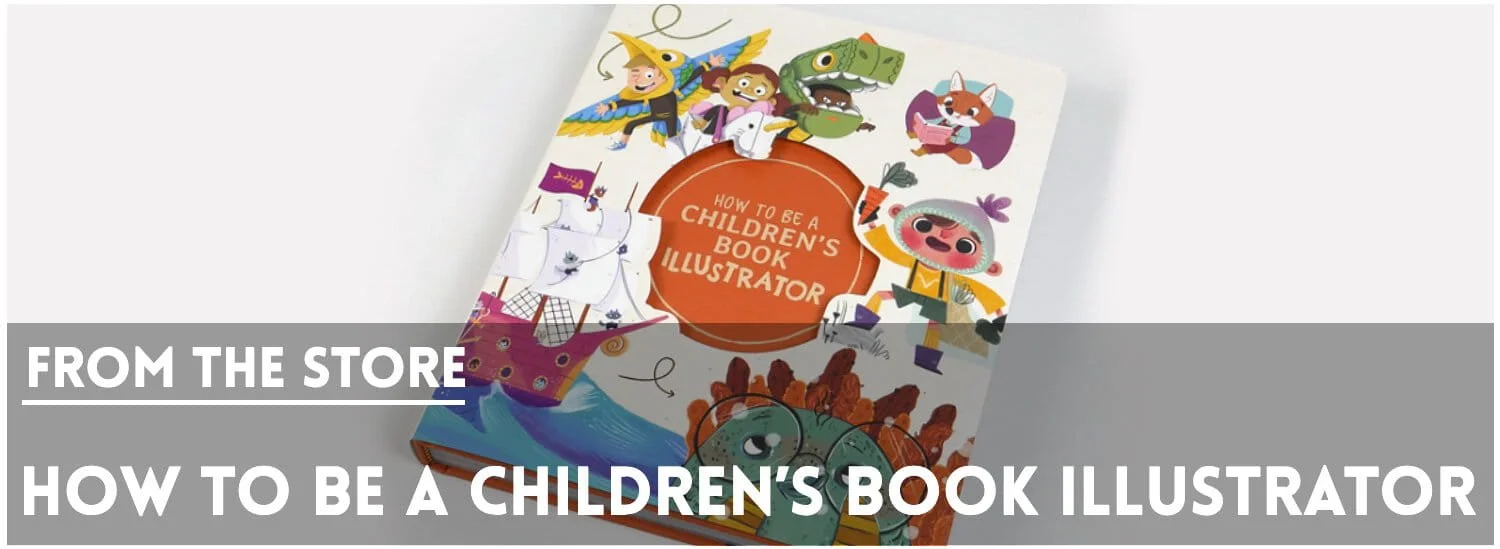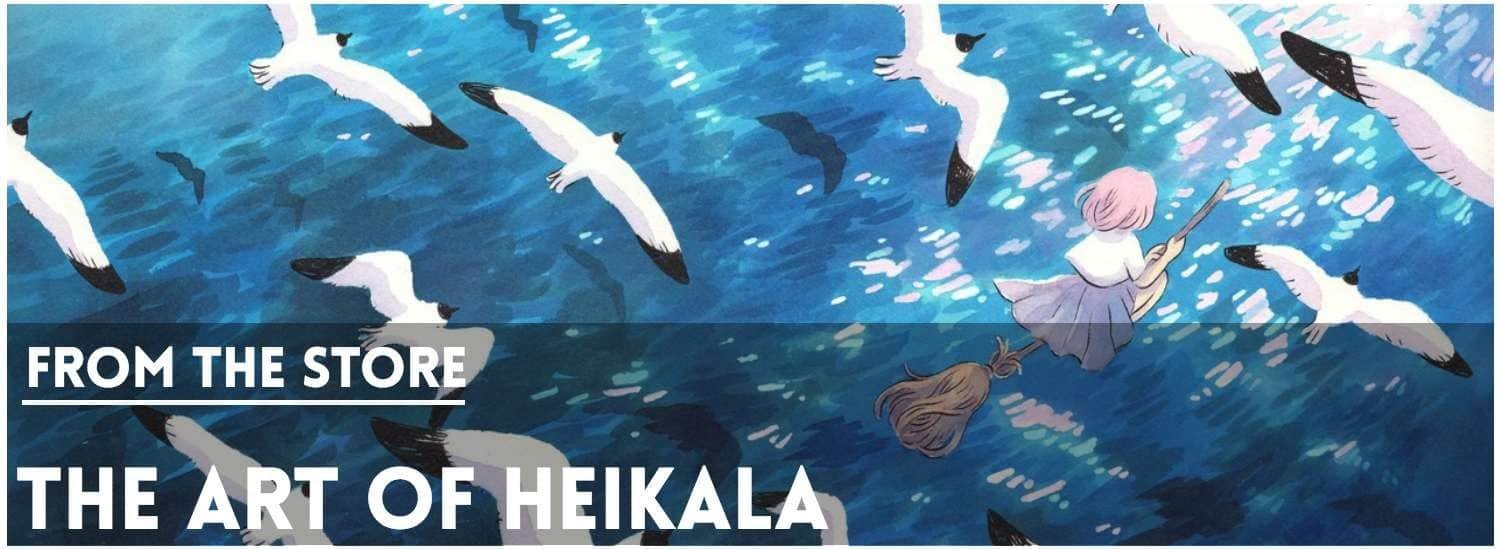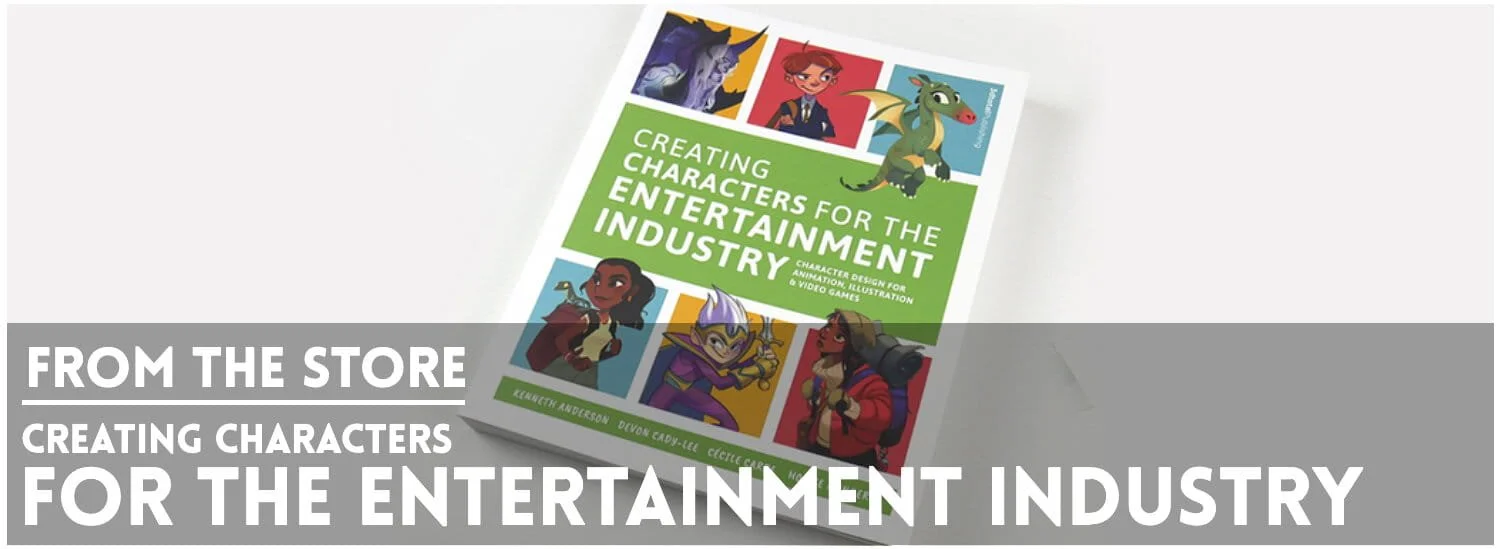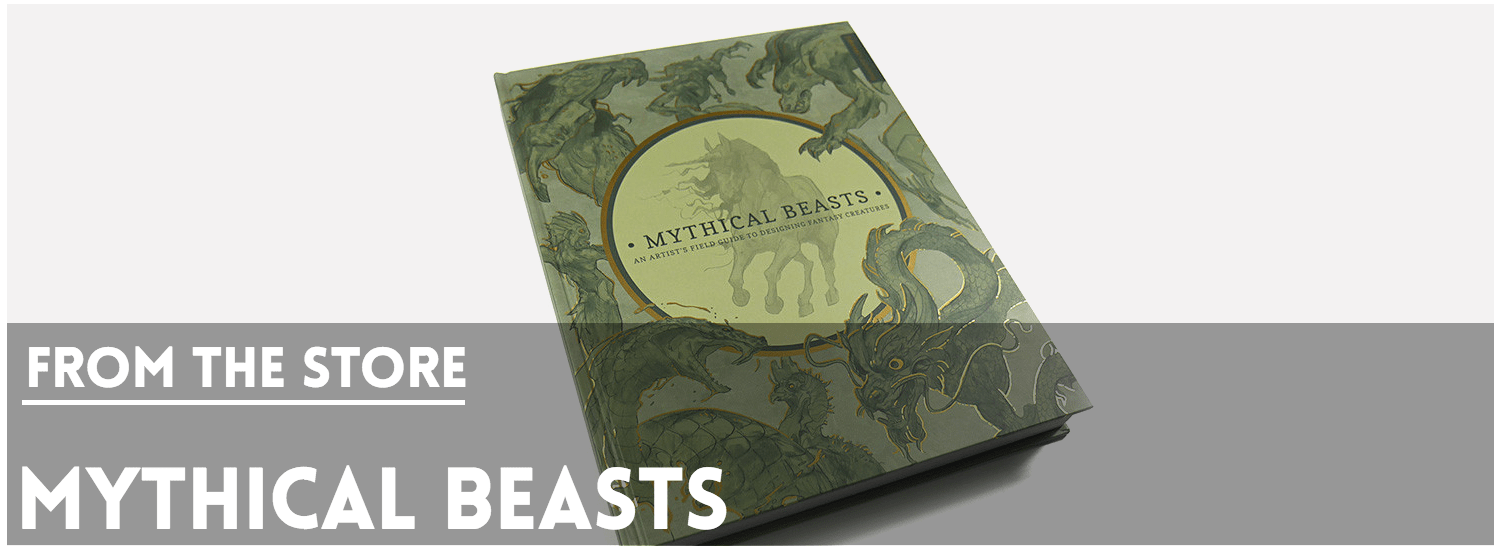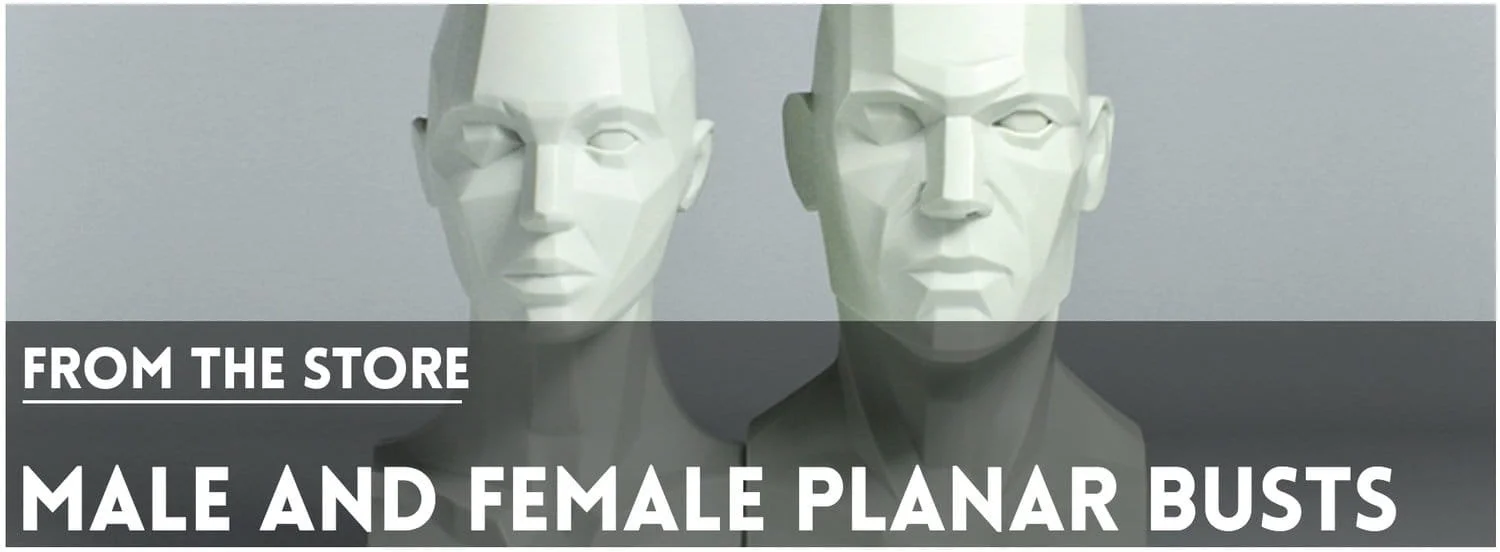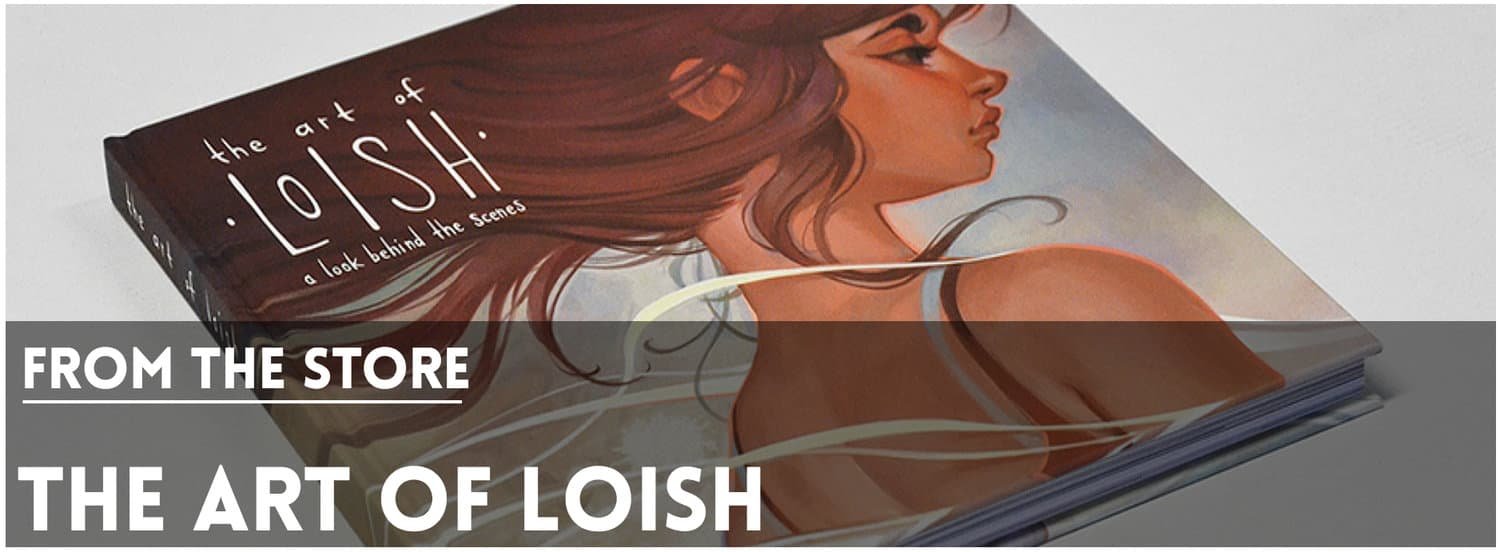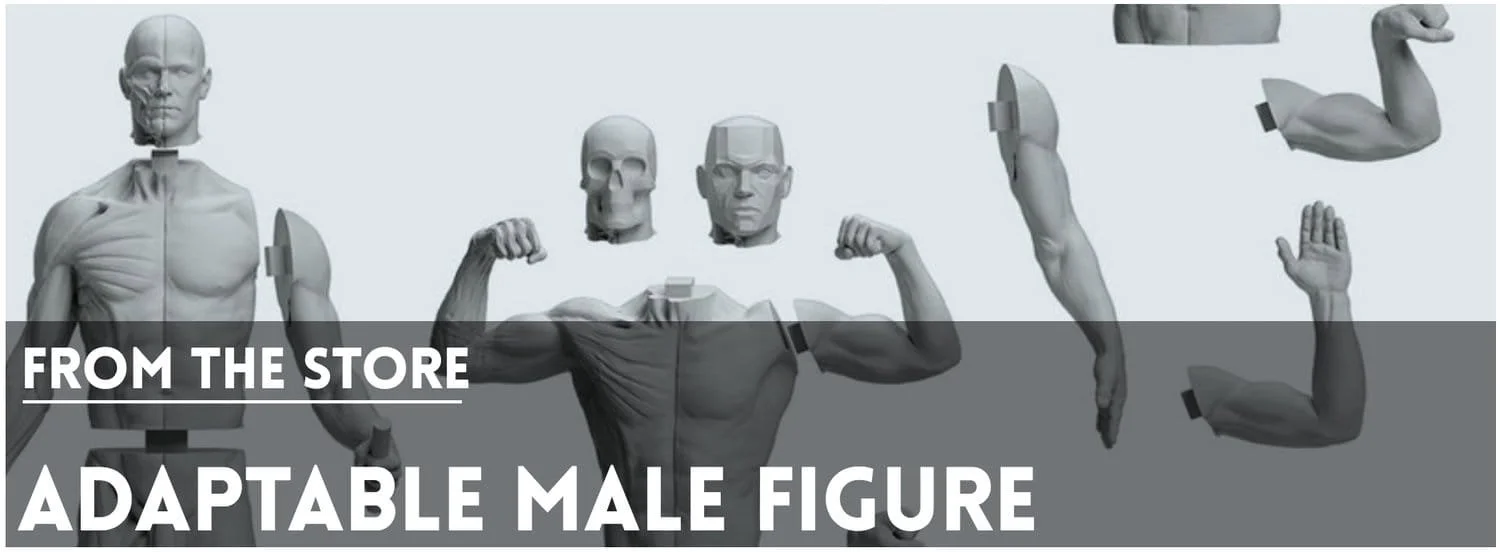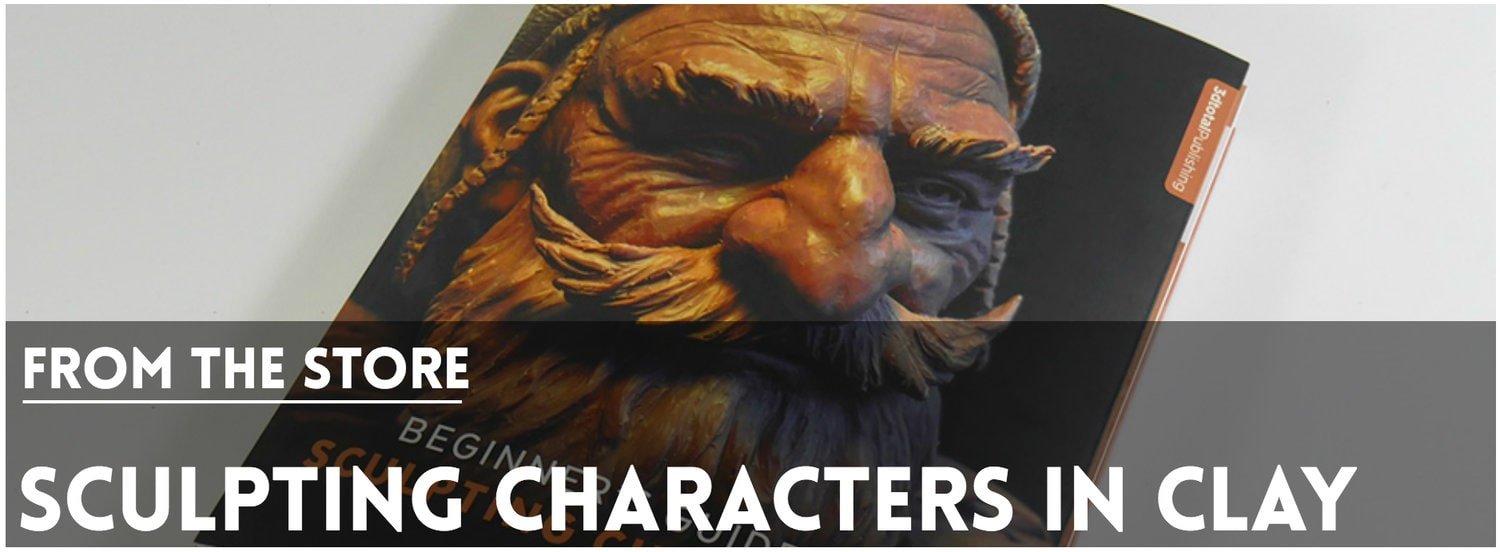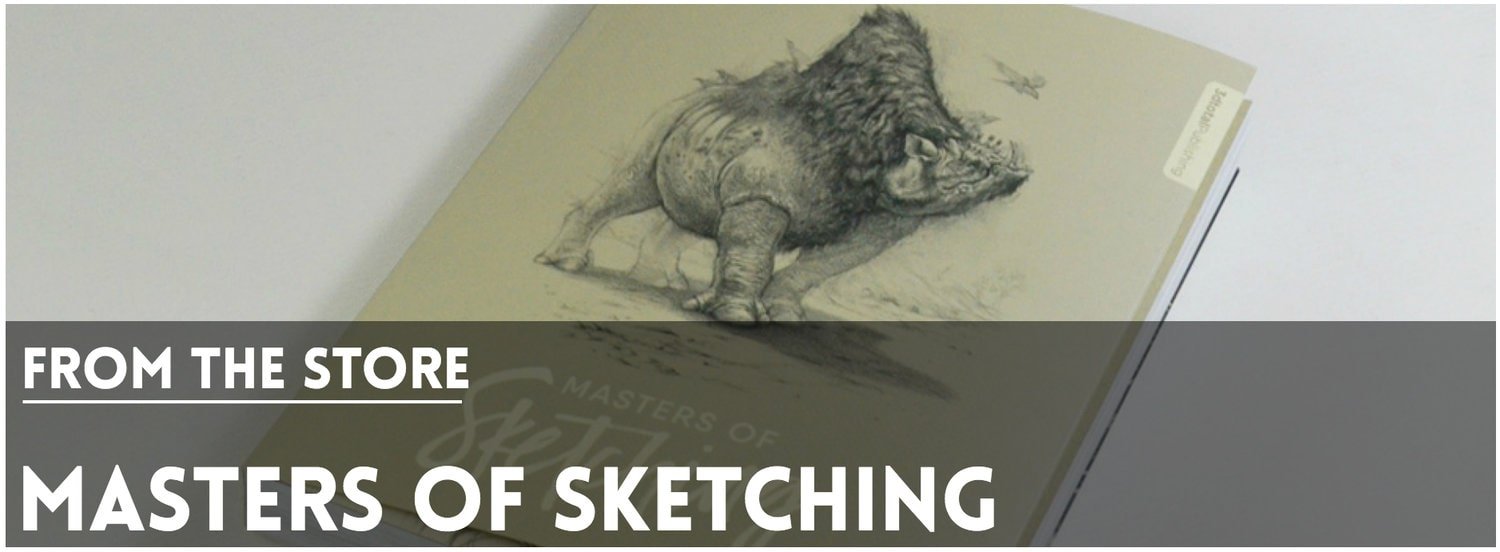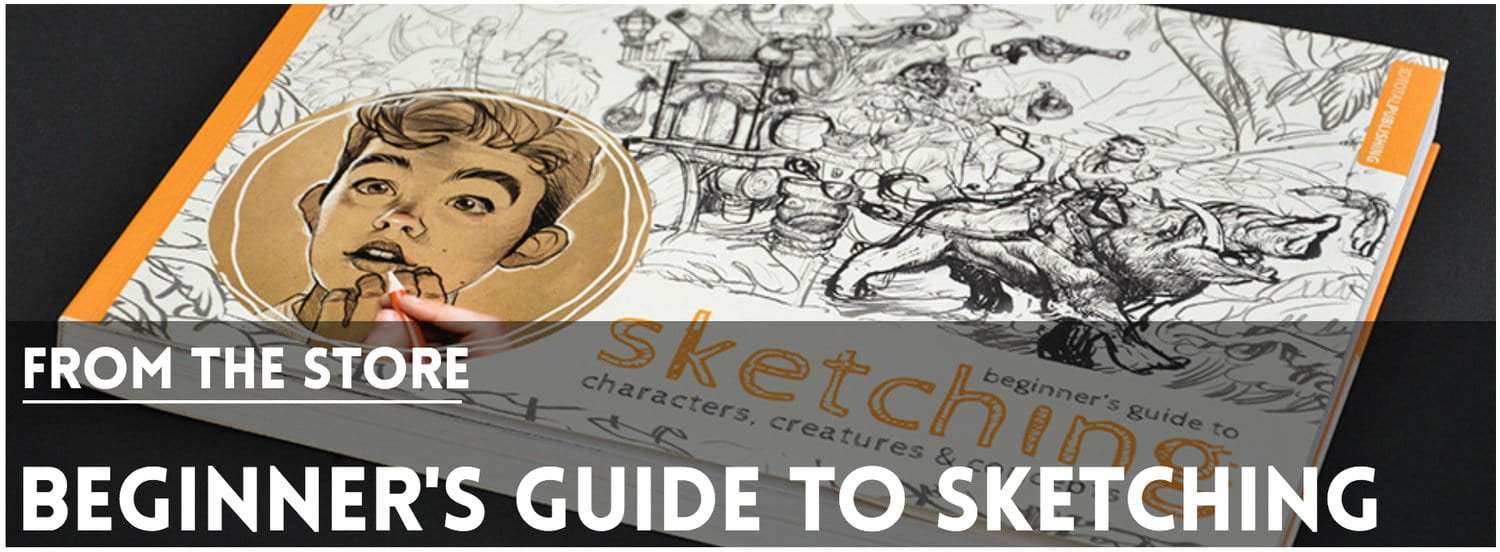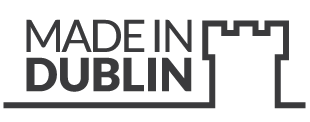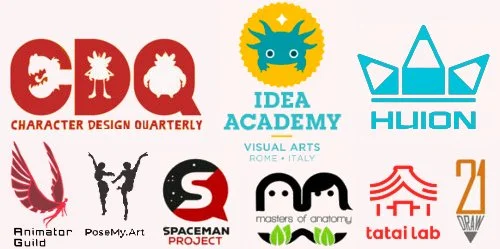Jason Brubaker
/Where did you grow up? At what age did you start thinking about pursuing an artistic career?
I grew up in Idaho and Utah, and Switzerland and Africa when I was under 5. As long as I can remember, I have always wanted to be an artist. When I was in grade school I was always drawing comic strips in my notebooks and when I was 11 my teacher introduced me to the local newspaper editor who offered to publish my comic in the weekly local town newspaper. It just kept going from there.
Did you go to an art school or are you self taught? How did you develop your skills?
I am self taught. I just drew all my life and always kept pushing myself to try to be as good as the professionals in my field. Eventually I started doing a self taught technique that I now call Cognitive Drawing where I would practice from memory and then reference over and over until I could master a simple image. I actually have a beta version of this for sale at my Gumroad store HERE
Have you always been supported in your artistic path or has it been challenging to let your family and friends understand your choice?
My family has always supported me and my art even though they didn't really know how to help me. We never had money to do expensive art classes or higher education but it was made up for with plenty of encouragement from my family and friends.
What was the strongest influence you had when you were growing up ( artists, movies, cartoons, comics etc.. ) ?
When I was young the strongest influences were from Calvin and Hobbes, Garfield, Peanuts, The Far Side and other newspaper strips. Later on in junior high it changed to comic books like Spiderman and all the Image comics when it first started.
What is your process in creating your art and what are your favourite tools?
More than anything I love working with an ink-pen on paper to start getting ideas out of my head. It's crude and only I can understand my scribbles but that's where all the thought goes into. Now days I heavily rely on the Wacom Cintiq and software like Clip Studio or Photoshop to help me clean up my ideas. But I still like to use pencil on paper or a Pentel Brush Pen to do final line work when I can.
What part of the creation process is the most fun and easy and what part is the hardest?
The most fun part is dreaming up the ideas and putting stories and ideas together. That also seems like the hardest part too. The easiest part is just cleaning up the ideas to be a finished image.
What is a typical day for you, and who are the people you work, collaborate or share your creative time with?
My typical day is to get to my studio at around 9 AM and work till 6 PM. I mostly work alone but every now and then my wife comes to help with some paperwork or an intern comes to help with stuff in the studio. I do outsources some of my work like flatting and converting pages from one format to another and I hire designers and editors to help me get the books to look and read best. But most of the outsourcing is online so I still just work by myself.
What are some of the things you have learned from other artists who you have worked with or whose work you have seen?
When I worked in Hollywood and at Dreamworks Animation I learned almost everything from people I worked with. My whole career was pretty much on-the-job-training. One thing I learned from director while storyboarding is that pretty much anyone can tell a story in their own way. While some ways work better than others, it gave me the confidence to just start telling my own stories because everyone else was making it up as they went as well. While at Dreamworks, I learned a bunch about color theory that I had never learned before and that was a game changer for my own personal art.
Is there something that you have designed that you are most proud of?
I designed and storyboarded the opening title scene of Kung Fu Panda 3 which is still amazing to see it in the final movie exactly like I designed.
What projects have you worked on in the past and what are you working on at the moment (if you can tell us)?
I helped animate the 2D intro to Kung Fu Panda 1 which is still one of my favorite things to have worked on. I also worked on Kung Fu Panda 2 and 3 in the Vis Dev department. I worked on Blade 1 and 2, Pitch Black and Van Helsing (the movie) doing storyboards and concept design. Now I am working on graphic novels (reMIND and Sithrah) and a drawing program called Cognitive Drawing.
Do you have a longterm career goal? What would your dream project be?
Longterm I just want to keep making my own graphic novels and books and my own intellectual property. What I am doing now is my dream projects as long as I can keep doing it and making a living at it then it's a dream come true.
Working in-house for a company or freelancing: what suits you best? And why?
They are both good depending on where I am at in my life. I loved freelance for the first 14 years of my career and then when I had kids I was a company person at DreamWorks and it was exactly what I needed at that time. Now I like to just work on my own stuff and try to figure out ways to fund it and sell it directly to my audience.
What advise would you give to an artist who is dealing with an artist's block? How do you boost your imagination and keep yourself creative?
Sometimes you need to step away from your art to be inspired again. Sometimes it's more of a matter of finding the thing to work on that is important to you. If you do not feel like you are doing the right thing with your talents then it starts to eat away at you and you quickly lose your inspiration. But if you are working on something that you fell you are supposed to be doing then it is hard to lose that inspiration. You will still have very hard moments to push through but you will have a real reason to push through it.
Concept art, animation, illustration, comics, you name it. There are so many careers and when you are very young, sometimes you know only one thing: you simply love to draw. In your opinion, what should a young artist take into consideration to make the right decision when choosing an artistic path?
Just work on the things that inspire you in the moment when you are young and then you will start to see what you really like and what you don't. Eventually when you finish something some new doors will open up for you and you will have to keep weeding out the things that you don't really enjoy doing and eventually you will lock in on that one thing that you really love and it will be natural for you.
What’s your point of view about the industry today: what are the expectation for someone who wants to make a living with an artistic career?
It seems to me that all the tools are available now for anyone to learn to do anything relatively cheap. More than even it's about finding that personal reason and inspiration to keep pushing yourself to learn. Self discipline is the key now days to rising up in the art field I think because if you are always waiting for someone else to force you to finish something then you will be left behind by others who are self driven and keep finishing things. I think there are so many opportunities now for artists to make a living at art that it's just a matter of putting in the time and finishing one thing after another and doors will keep opening up for you. Bigger and bigger until one day you realize you are working on that dream project that you always dreamt about.
Finally, where can we see your art online and get in touch with you? Where can we find all the info to know more about your teaching approach and enrol to your classes?
You can find most of my books at ( CoffeeTableComics.com ) with links to where you can read my graphic novels for free online. You can also find my books "reMIND", "Sithrah" and "Unnatural Talent" on Amazon and Kindle. I also have a Patreon page at ( Patreon.com/jasonbrubaker ) and I sell digital products on Gumroad at ( Gumroad.com/jasonbrubaker ) I also post regularly on my Youtube channel at: ( youtube.com/user/BrubakerMotion )
Join Jason's next class!
Jason Brubaker is one of talented instructors of CG Master Academy. Discover all the details about his course, join his next class and develop the skills you need to enter the industry and pursue the career you love.
